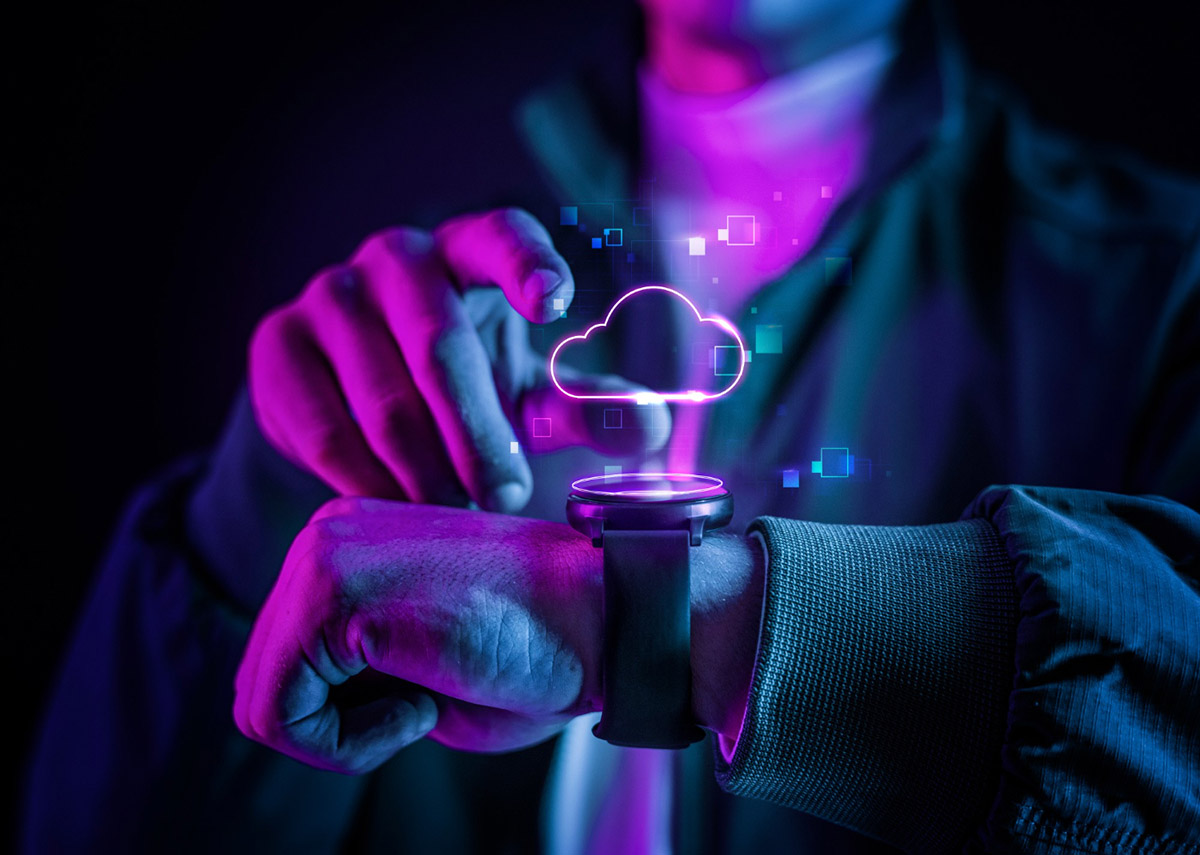Internet of Things: Technologies Leading to the Development of IoT
Share

The Internet of Things (IoT) is a term used to describe the network of physical objects, such as machines, sensors, and vehicles that are embedded with electronics, software, and other technologies. IoT-based systems allow these objects to collect and exchange data in real time over an internet connection. IoT has enabled organizations to transform their operations, automate processes, improve customer experiences, and create products that are more connected than ever before.
At its core, IoT is made possible through advances in several different technologies. These include wireless communication like Wi-Fi or Bluetooth Low Energy; machine learning algorithms for managing large volumes of data; cloud computing services for storing and processing data; device management platforms for controlling IoT devices remotely; and advanced sensors for gathering accurate and timely data. IoT also requires a robust network infrastructure, as well as reliable storage solutions for securely storing IoT data.
The development of IoT has revolutionized the way businesses operate, opening up opportunities to create connected products and services that were previously unimaginable. IoT-based systems offer companies the ability to monitor and analyze real-time data from their customers, assets, and operations in order to gain valuable insights into their business. By leveraging these insights, organizations can make better decisions about how they allocate resources and optimize processes—ultimately leading to improved efficiency and cost savings.
IoT also offers consumers more convenience, allowing them to control various aspects of their lives remotely via smartphones or other devices. Smart home systems, for example, enable users to control everything from lighting and temperature to security systems. Similarly, IoT-enabled wearables allow people to monitor their fitness levels and track their activity levels.
In summary, IoT is made possible through advances in several different technologies, including wireless communication, machine learning algorithms, cloud computing services, device management platforms, and advanced sensors. IoT offers businesses the opportunity to collect data on their customers and operations in real time in order to make better decisions about how they allocate resources. It also provides consumers with more convenience by allowing them to control various aspects of their lives remotely via smartphones or other devices. IoT has revolutionized the way businesses operate and opened up opportunities for connected products and services that are transforming our world for the better.




